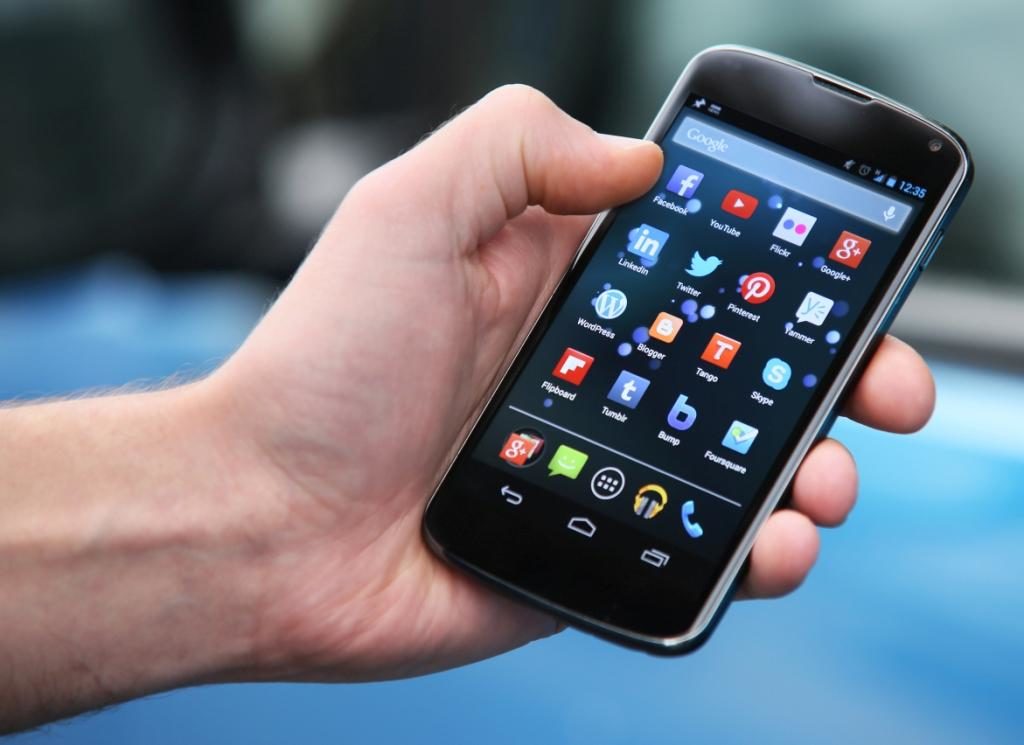Yasmin Qureshi Labour Member of Parliament for Bolton South East

Over the past couple of weeks, I have received a very large number of communications from constituents in relation to the Make the Air Fair campaign, expressing their concern about the need for high-quality mobile services. The campaign is concerned that smaller mobile networks are being crowded out of the market, meaning “less choice for consumers, worse network coverage, more blackspots, more complaints and higher prices”.
In November 2016, Ofcom confirmed that, in 2017, it will auction 190 MHz of spectrum, an increase of a third of the total mobile spectrum currently available. It also began a consultation into plans to auction the fixed frequencies from which mobile networks can offer their coverage.
These spectrum bands need to be released to mobile operators, in order to accommodate the increased demand for mobile phone services. The economy and also our personal lives are becoming more and more dependent on mobile phone services. It is because of this reliance, that it is imperative that a handful of operators do not dominate the airwaves. If they are allowed to do so, they could create a cartel, where customers will have to pay exorbitant prices because they have no other options.
The mobile phone spectrum is currently dominated by four operators. BT/EE owns 42%, Three owns 15%, Vodafone owns 29%, and O2 owns 14%.
The campaign states that the current distribution of spectrum has “given the biggest operators a greater advantage than ever before”. The group is concerned that if spectrum auctions are not sufficiently regulated, it “risks driving prices up, delivering a worse quality of service” and reducing consumer choice.
If the auction of the 2.3 GHz and 3.4 GHz spectrum bands is not regulated, then these four operators could strengthen their stranglehold on mobile phone services, or, worse still, BT/EE and Vodafone could buy the majority of the bands and pull away from Three and 02. This would result in just two operators dominating the spectrum, with customers suffering as a result.
Ofcom has been concerned about this for many years, which is why I am calling on it to ensure that no operator is allowed to own more than 30% of the total available mobile phone spectrum.
The campaign argues that the lack of competition in the mobile network market disproportionally impacts rural communities. The Local Government Association has warned that more than a fifth of the UK’s land mass has no mobile phone connection at all. It is unacceptable that so many areas in Britain continue to have poor or no mobile connectivity.
The Government has said that improving mobile connectivity across the UK is a priority, and so I believe that other operators must be allowed to establish themselves and challenge the dominant operators, so that there can be a fair and competitive mobile market which works for customers.
I have written to the Chief Executive of Ofcom calling on her to ensure the proper regulation of the auction of the 2.3 GHz and 3.4 GHz spectrum bands to mobile phone operators, so that customers have reliable coverage, and a genuine choice between affordable, high-quality services.
